SpaceX want to catch the enormous booster as it’s falling out of the sky!
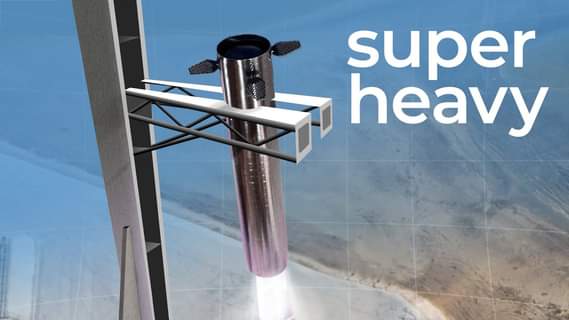

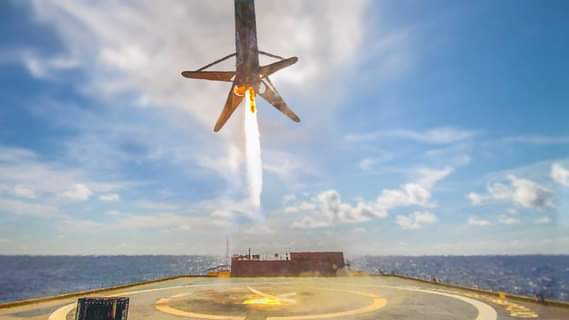
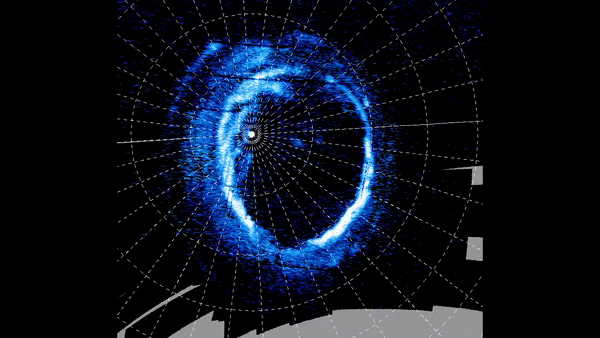

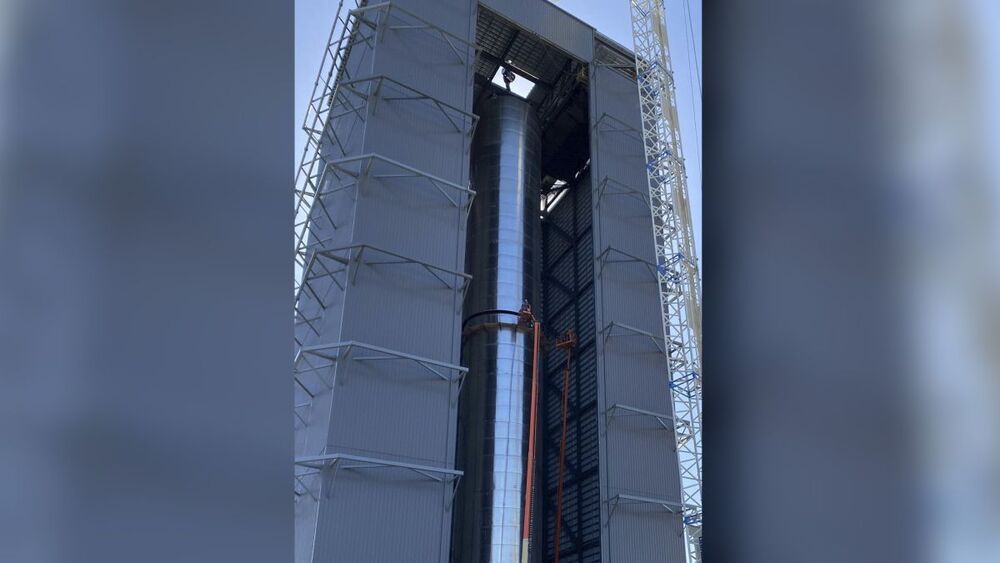

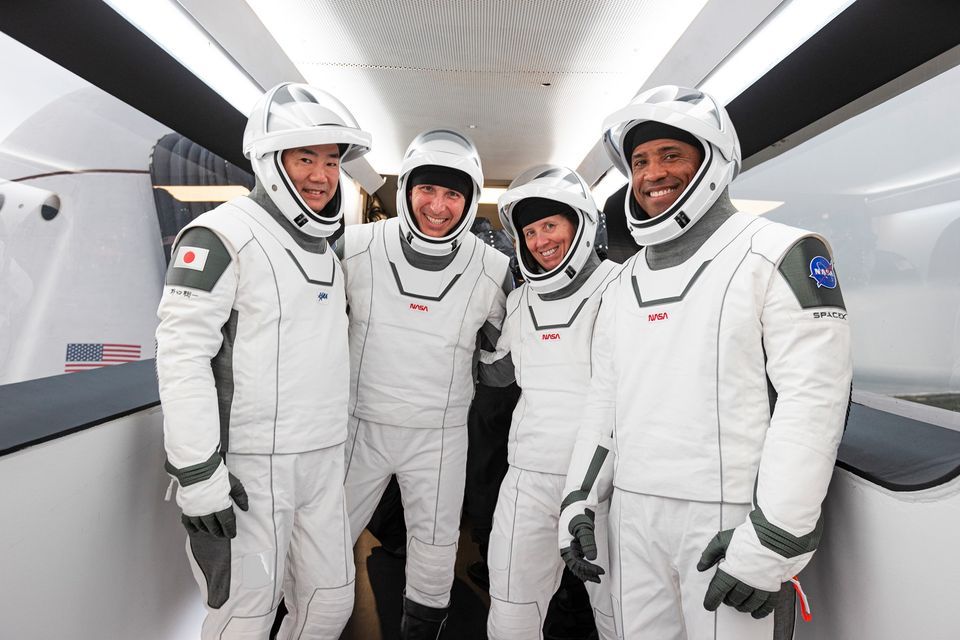
“We’re going to try to catch the Super Heavy booster with the launch tower arm, using the grid fins to take the load,” Musk said via Twitter on Dec. 30. SpaceX will try a different approach to landing its future reusable rocket boosters. There are some benefits with this landing method: first, by omitting landing legs from the rocket design altogether, SpaceX can save weight and cost, because unlike Falcon 9 and Falcon Heavy first stages Super Heavy won’t need landing legs. In a second place, it could allow SpaceX to essentially recycle the Super Heavy booster immediately because the rocket would be “ready to refly in under an hour”.
~Video credits: @tijnm_02 Text credits: www.space.com www.techcrunch.com.
Do humans really have to go into space?
Artificial intelligence has been making waves in recent years, enabling us to solve problems faster than traditional computing could ever allow. Recently, for example, Google’s artificial intelligence subsidiary DeepMind developed AlphaFold2, a program which solved the protein-folding problem. This is a problem which has had baffled scientists for 50 years.
Advances in AI have allowed us to make progress in all kinds of disciplines – and these are not limited to applications on this planet. From designing missions to clearing Earth’s orbit of junk, here are a few ways artificial intelligence can help us venture further in space.
Do you remember Tars and Case, the assistant robots from the film Interstellar? While these robots don’t exist yet for real space missions, researchers are working towards something similar, creating intelligent assistants to help astronauts. These AI-based assistants, even though they may not look as fancy as those in the movies, could be incredibly useful to space exploration.

A fundamental decision on a new station would be made by the end of this year, he said.
Rogozin said that current negotiations with NASA on the future of the ISS were “shallow”. He speculated that ISS’s life cycle would be repeatedly prolonged not by several years, but by one year. Also, he said it might be possible to extend the service life not of the whole station, but of its individual modules.
“On the sidelines of the April 9 launch we plan to hold technical consultations with NASA,” Rogozin said, adding there was a possibility of configuring the Lunar orbital platform Gateway for its possible docking with Russia’s new generation spacecraft Oryol.
Today on the Science Talk podcast, Noam Slonim speaks to Scientific American about an impressive feat of computer engineering: an AI-powered autonomous system that can engage in complex debate with humans over issues ranging from subsidizing preschool and the merit of space exploration to the pros and cons of genetic engineering.
In a new Nature paper, Slonim and colleagues show that across 80 debate topics, Project Debater’s computational argument technology has performed very decently—with a human audience being the judge of that. “However, it is still somewhat inferior on average to the results obtained by expert human debaters,” says Slonim.
In a 2019 San Francisco showcase, its first public debut, the system went head to head with expert debater Harish Natarajan.